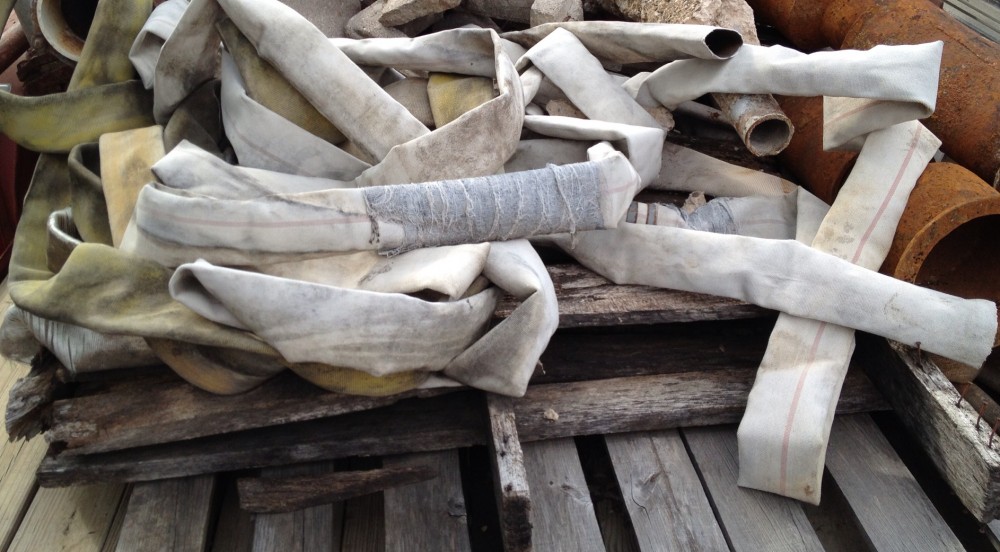Last week was the 2-day week.
Each and every day seemed to be two days in length.
On Thursday, I said, “It’s still Wednesday to me,” and it was still Wednesday to me.
It worked like this: There was my first Wednesday, then there was my second Wednesday (when I caught up with you on your Thursday), next there was my first Thursday (which overlapped your Thursday), then I was in my second Thursday (which was your Friday), and so it went throughout the week.
The effect was, I admit, confusing; but, at the same time and in a strange way, it was somehow exciting, invigorating — even rejuvenating.
To “rejuvenate” is to make someone look or feel younger. That’s the definition. It’s like when you “turn over a new leaf.” That’s the idiom, which doesn’t mean to pick up sticks. It means to start a new life, to make a fresh start, to resolve to do better, and to roll out of bed the next morning with a youthful spring to your step and a child-like smile on your face. You’ve been rejuvenated. You’ve turned over a new leaf. You’ve been washed in the Fountain of Youth.
People have long sought the Fountain of Youth, and it has long been thought to be a real place.
Out there somewhere, around the next bend in the path, up high nestled in those mountains, or on that faraway undiscovered mythical island of legend, there’s an upwelling and outpouring of life-renewing water that can cause troubles to fade away and age spots to disappear.
Juan Ponce de Leon was a well-traveled and well-connected Spanish conquistador. He had the ear of King Ferdinand and the funding to outfit a fleet of ships. As the first Governor of Puerto Rico, he’d heard of a place to the North laden with gold and dripping with – you guessed it – the waters of the Fountain of Youth.
Long Ponce de Leon sought the fabled land of Beimeni and its waters of rejuvenation.
One day, he thought he’d sighted that place of fable. It was a tropical paradise of rich exotic blooms. Ponce exclaimed, “La Florida!” “La Florida” means “The Flowery.” He had discovered the beauty of modern-day Florida, the peninsula stretching and separating the Gulf of Mexico from the Atlantic Ocean and the longest coastline of any state in the contiguous United States. Of course, Ponce didn’t know what a “state” was, and he could have cared less. He was in a mad rush for treasure and new life.
Over the years, Ponce de Leon sailed and landed, hiked and fought, and sailed and landed, over and over again, up and down that long coast. His energies ebbed and his body tired in his unrelenting drive to find and dip in those elusive waters of youth.
Finally, on his last voyage to Florida, in July of 1521, a poisoned arrow pierced his thigh. Ponce de Leon retreated to Havana, Cuba, where he died old and broken at the young age of 47 years.
There is a saying: “It’s not when you get old, it’s when old gets you.”
Juan Ponce de Leon discovered old can happen even when you should be young and youthful.
It might be said that Ponce de Leon caused his body to age in his efforts to lose his age. He let old get him, rather than waiting to grow old. The adventurer died too young. That is sad. He is a well-remembered man. The wish is that he could have enjoyed more the life he did have and grown old in the length of those days.
Ponce de Leon sailed after riches and youth and lost both.
Perhaps, there is more in a day than just one day? Perhaps, some extra time can be spent savoring the seconds again – as confusing as that might, at times, seem? In the rush to acquire more is more actually lost? Could more be with us, and we only need to slow and linger to find it longer?
Can it be that the fountain of youth is not letting old get you, but allowing you to grow old?
It is good to have an extra day or two to think on these things.
The 2-day week may be time well spent.
I do feel younger.
Grandpa Jim
